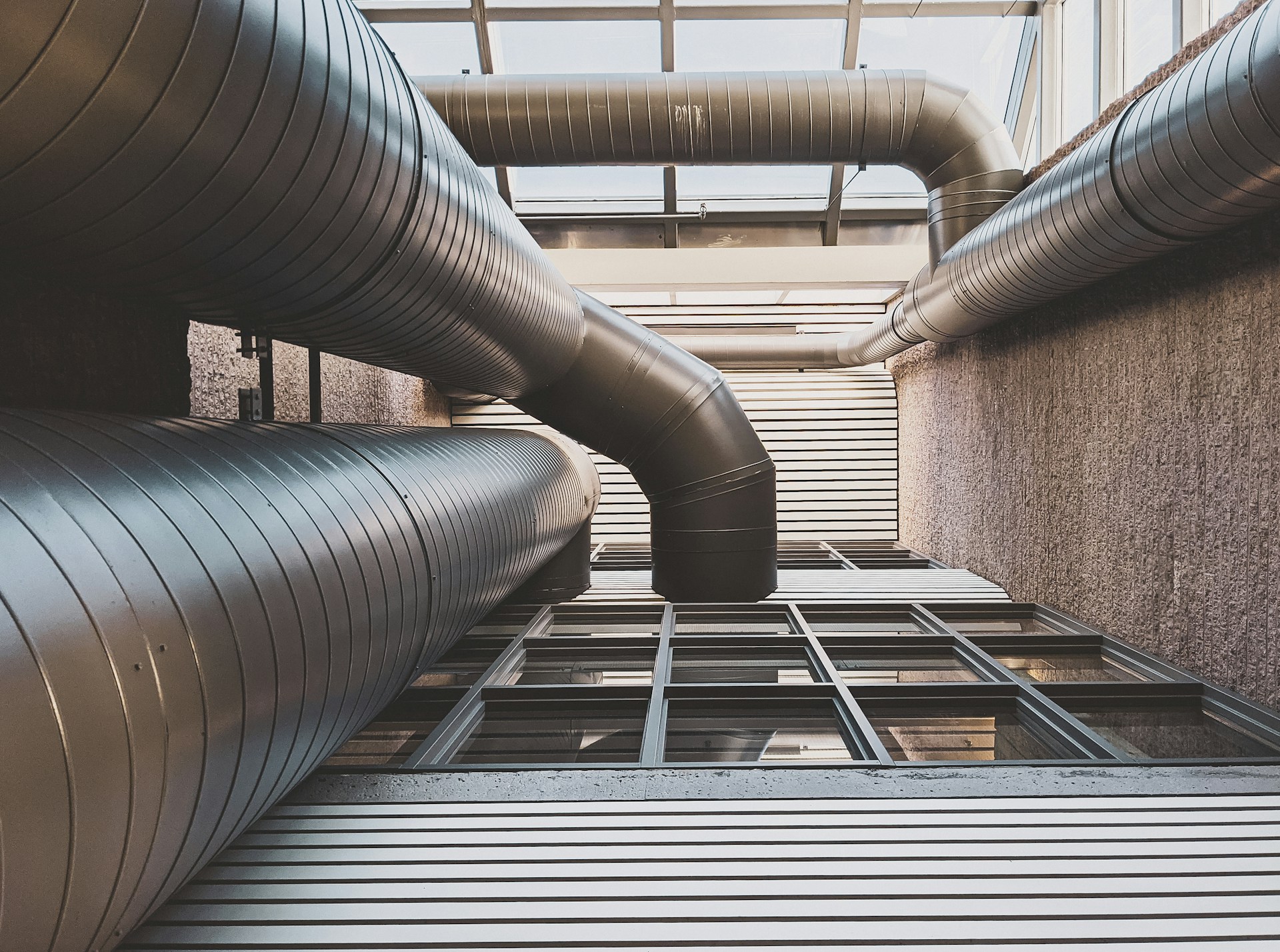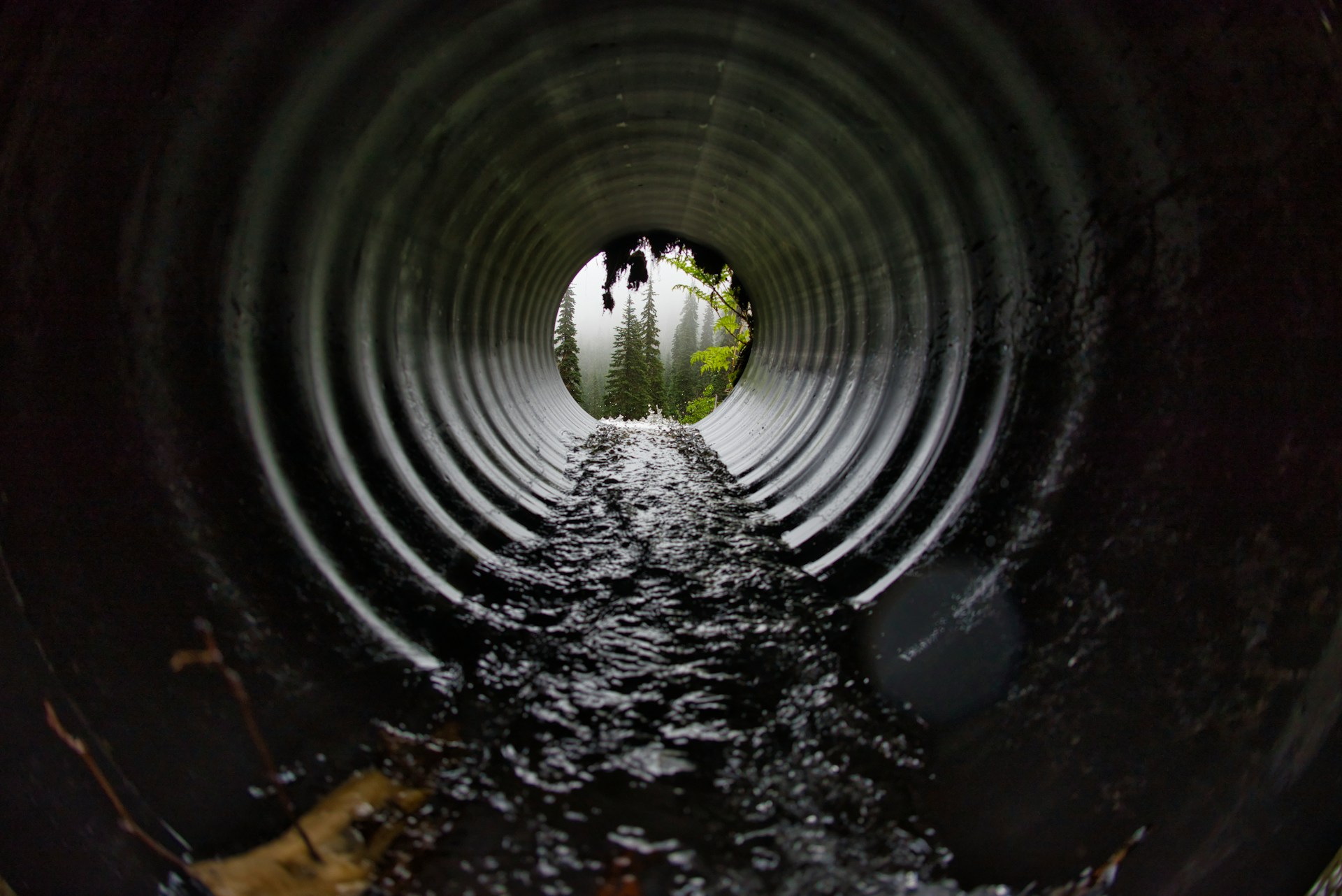 Heating, Ventilation, and Air Conditioning (HVAC) systems are the lifeblood of commercial buildings. They regulate the indoor environment to ensure comfort, productivity, and efficiency across industries.
Heating, Ventilation, and Air Conditioning (HVAC) systems are the lifeblood of commercial buildings. They regulate the indoor environment to ensure comfort, productivity, and efficiency across industries.
But their importance goes beyond just temperature control. Energy-efficient and well-designed HVAC systems can significantly impact operational costs, employee well-being, and environmental sustainability.
This blog will explore the essential functions of HVAC systems, their role in enhancing building efficiency, and how modern technologies are reshaping their performance in commercial spaces.
The Basics of HVAC Systems in Commercial Spaces
What Does an HVAC System Do?
An HVAC system is designed to control a building’s temperature, indoor air quality, humidity, and ventilation. For commercial buildings, HVAC systems must accommodate larger spaces and fluctuating occupancy levels, which means they are often more complex than residential systems.
These systems include four main components:
- Heating Units (furnaces or boilers): Maintain warmth during colder months.
- Ventilation Systems (ducts or fans): Ensure fresh air circulation while removing odors, pollutants, and carbon dioxide.
- Air Conditioning Units (chillers): Cool indoor air during hot weather.
- Controls and Ductwork: Distribute treated air evenly throughout the building.
Why Are Commercial HVAC Systems Different?
Unlike residential systems, HVAC for commercial buildings needs to meet specific zoning requirements, accommodate diverse workspaces, and run for extended operational hours. These demands require heavy-duty equipment that can withstand wear while ensuring consistent performance.
How Does HVAC Impact Energy Efficiency?
HVAC Systems and Energy Use
Building efficiency starts with optimizing energy use, and HVAC systems rank among the largest consumers of energy in commercial properties. According to the U.S. Department of Energy, commercial buildings account for roughly 36% of U.S. energy consumption, with HVAC systems responsible for a significant portion.
High energy use not only increases operational costs but also results in a higher carbon footprint. Outdated systems, improper installation, and lack of maintenance often exacerbate energy waste.
Modern Solutions for Energy Efficiency
Today’s high-performance HVAC technologies are designed to address these inefficiencies. Features like variable refrigerant flow (VRF), energy recovery ventilation (ERV), and smart thermostats enable dynamic control, reducing unnecessary energy consumption.
The Role of Indoor Air Quality in Productivity
Poor Air Quality’s Hidden Costs
Indoor air quality (IAQ) plays a critical role in maintaining a healthy work environment. Poor air quality can lead to discomfort, health issues, and decreased productivity among employees. Pollutants, allergens, and even improper air circulation can result in frequent absenteeism.
How HVAC Improves Indoor Air Quality
HVAC systems can incorporate modern air purifiers, HEPA filters, and humidity controllers to ensure optimal air quality. Advanced ventilation systems remove contaminants and replenish oxygen levels while maintaining proper airflow, thus creating healthier, more comfortable workspaces.
The Importance of Routine Maintenance
Why Maintenance Matters
Even the most advanced HVAC systems require consistent maintenance to function efficiently. Neglecting maintenance can lead to system failures, reduced lifespan, and costly repairs. Furthermore, failing to replace filters or clean ducts can diminish air quality and energy efficiency.
Scheduling Regular HVAC Inspections
Routine inspections ensure that your commercial HVAC system performs at its peak. Enlisting professional contractors for annual maintenance checks, cleaning ducts, and replacing worn-out components can save time, money, and energy in the long term.
Smart Technology and Its Impact on HVAC Efficiency
The Rise of Smart HVAC Systems
Smart technology has been a game-changer for commercial HVAC installations. With the integration of the Internet of Things (IoT), modern systems are now equipped with smart sensors and automated controls that provide real-time insights into operational performance.
For example, smart thermostats can adapt to occupancy levels and adjust temperatures dynamically, while predictive analytics can forecast potential issues before they lead to failures.
Benefits of Smart HVAC Technology
Investing in smart HVAC systems brings multiple benefits to commercial properties:
- Reduced energy waste
- Improved occupant comfort
- Prolonged equipment lifespan
- Remote monitoring and control
By combining advanced software with hardware improvements, these technologies help commercial buildings achieve unprecedented efficiency and sustainability goals.
Sustainability and Green Building Practices
Meeting Environmental Goals with HVAC
Sustainability is essential in today’s commercial landscape. Modern HVAC systems contribute to green building practices by lowering carbon emissions, using eco-friendly refrigerants, and supporting LEED certification efforts.
Upgrading to high-efficiency HVAC systems or adopting geothermal heating and cooling solutions allows businesses to align with environmental goals without compromising performance.
Financial Incentives for Efficient HVAC
Many governments and organizations offer incentives like tax breaks, rebates, or grants for upgrading to energy-efficient HVAC systems. These financial perks make it even more appealing for facility managers and property owners to invest in greener technologies.
Key Considerations for HVAC Installation
Partnering with Trusted Professionals
Choosing the right HVAC contractor can make all the difference in a system’s performance. Experienced professionals provide tailored solutions based on your building’s size, usage patterns, and local climate.
Additionally, professional installations minimize the risk of system inefficiencies and ensure compliance with zoning codes and safety regulations.
Planning for the Long Term
When installing a new HVAC system, think beyond immediate needs. Invest in technologies that can adapt to future demands. Always prioritize equipment with high Seasonal Energy Efficiency Ratios (SEER) and Energy Star certification for guaranteed performance.
Elevate Building Efficiency with HVAC Excellence
HVAC systems are more than just a utility—they’re strategic assets that influence operational efficiency, sustainability, and employee satisfaction. From optimizing energy consumption to creating breathable indoor spaces, modern HVAC solutions have revolutionized how commercial buildings operate.
To ensure your system stays ahead of the curve, stay informed, invest in smart technologies, and maintain close partnerships with trusted HVAC service providers from.https://mwshvacservices.com/. Unlock new levels of building efficiency today by partnering with industry experts!










